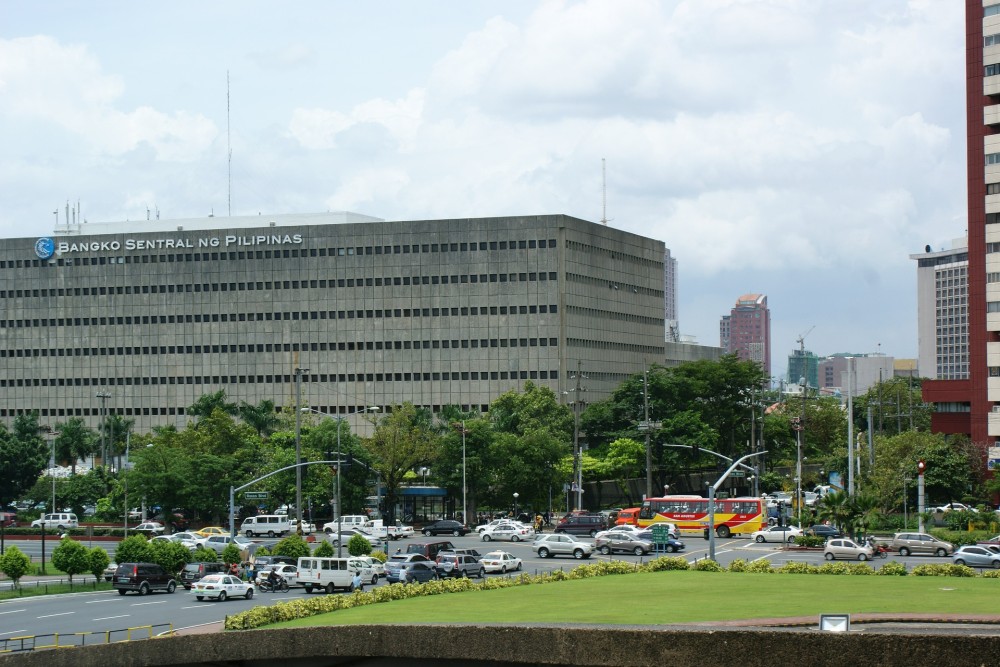The Bangko Sentral ng Pilipinas (BSP) is calling on employers to help their employees open and maintain transaction accounts to enable more workers to access financial services while also relieving the company of having to shoulder some of their workers’ monetary burdens.
Cesar Augusto Villanueva, Jr., BSP deputy director for financial inclusion, said this call is part of their advocacy to ensure financial inclusion for all Filipinos through their owning and keeping of transaction accounts.
In a recent webinar organized by the Employers Confederation of the Philippines, he highlighted the importance of account ownership, noting that it is a tool for efficiently accessing a number of financial services.
These services include receiving and sending electronic fund transfers anywhere in the country and the world, receiving salary from employers or payments from clients, receiving government pension or aid, paying bills online, and paying merchants and vendors through mobile phone.
“All these activities become very convenient and accessible for account holders,” said Villanueva.
Through owning transaction accounts—basic deposit accounts or e-money accounts (such as GCash, Maya and other digital accounts)—workers can be provided greater access to financial services that can enhance their welfare, he continued.
Account ownership in the country has increased significantly, thanks to more Filipinos getting digital access through their mobile phones and the internet. However, challenges remain, especially in the digital payment of wages, the BSP official said.
“Seventy percent of those surveyed from the private sector typically receive their salaries and wages through manual methods such as cash and check,” he noted.
He noted that financial exclusion is particularly prevalent among the unserved and underserved segments of society, such as micro, small and medium enterprises (MSMEs), farmers and fisherfolk, informal sector workers, migrant workers, and women, youth and senior citizens.
Moreover, if government-mandated insurance, investment and pension schemes such as Philippine Health Insurance Corporation, Social Security System, and the Government Service Insurance System, are removed from the picture, the BSP has found that the uptake of insurance and investment products among Filipinos remains very low, Villanueva continued.
To ensure the financial inclusion of more Filipinos, he said the National Strategy for Financial Inclusion (NSFI) 2022-2028 was issued by the inter-agency governing body Financial Inclusion Steering Committee to serve as a blueprint for achieving financial inclusion, growth and resilience.
Among the priority initiatives of the NSFI 2022-2028 for the labor sector are promoting inclusive digital finance and enhancing access to risk protection and social safety nets.
Priority inclusive digital finance initiatives encompass enabling digital payments for all community markets and local transportation, and expansion of digital payment uses such as in government collections and disbursements and cross-border remittances.
On the other hand, enhancing access to risk protection has as priority initiatives the establishment of a special government pension program or provident fund with low and flexible premium payments for the informal sector. This also involves promoting the development of micro insurance products that cover disaster risk and the development of the pension market.
Villanueva said creating digital accounts can enable workers to avail of micro insurance on their own more conveniently for their greater financial resilience.
And the benefits are not just for the employee as “this can also relieve the employer from always fronting the cash for the emergency needs of their employees,” he shared.
Furthermore, if employers help their workers open accounts, the employees can easily invest in retail pension and investment products. “For as low as P50, they can now be part of the money market… and these investments and savings can help them grow their cushions that can be mobilized in times of emergencies and economic shocks,” stated Villanueva.
Meanwhile, the self-funded pension plans can augment the benefits that workers will be receiving from their employers.
“We would like to call on the employer sector to look at the possibilities of having our employees and workers have transaction accounts and in turn be able to access these financial services,” Villanueva said.


